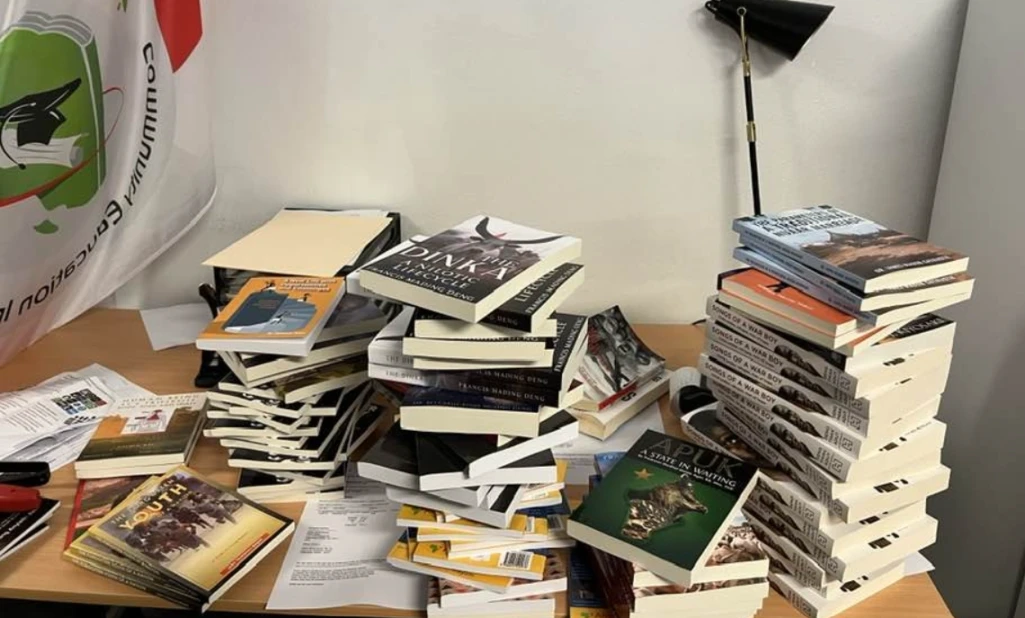
The
chairperson of the Mirich Economic and Social Research Center has stressed the
necessity of writing and archiving in order to preserve South Sudan's rich
cultural heritage before it disappears.
Mohamed Lino
Benjamin said that writing plays a crucial role in documenting and shaping
society’s development.
“Communities
and people are developed and can be made to come together through writing. When
people read, they also develop and expand their scope of how to think,” Lino
told The Radio Community (TRC) in an interview on Wednesday in Juba.
Through
creative writing, Lino firmly believes that the next generation can express
themselves, explore their history, and inspire change in their society.
“We have a
problem in South Sudan that not many people are writing. We need to encourage
many to write. Through writing, we will be able to entertain people and change
the minds and even the hearts of the people,” Lino explained.
Lino
underscored the transformative power of the written word in South Sudan’s
ongoing journey toward self-discovery and development.
“We want to
record all those cultures that were taking place, and now we are losing them to
our old generation, who are now fading away,” he asserted.
His remarks
came at a time when the committee for the Derik Cultural Festival (DCF)
announced the fourth edition of the festival.
DCF is a
comprehensive cultural and artistic annual event that aims to commemorate the
life of the late Derik Alfred Uya, commonly known as Oya, who died in 2021.
The late Oya
always believed that the perfection of civilization lies in writing not only
for preserving cultural identity but also for developing culture.
“He managed
to bring all the recordings of the old music from the 60s and earlier to update
them and to bring them to the current generation,” Lino shared.
The festival
will kick off from 17-24 November at the University of Juba, under the theme:
"The faintest ink is more powerful than the strongest memory.”